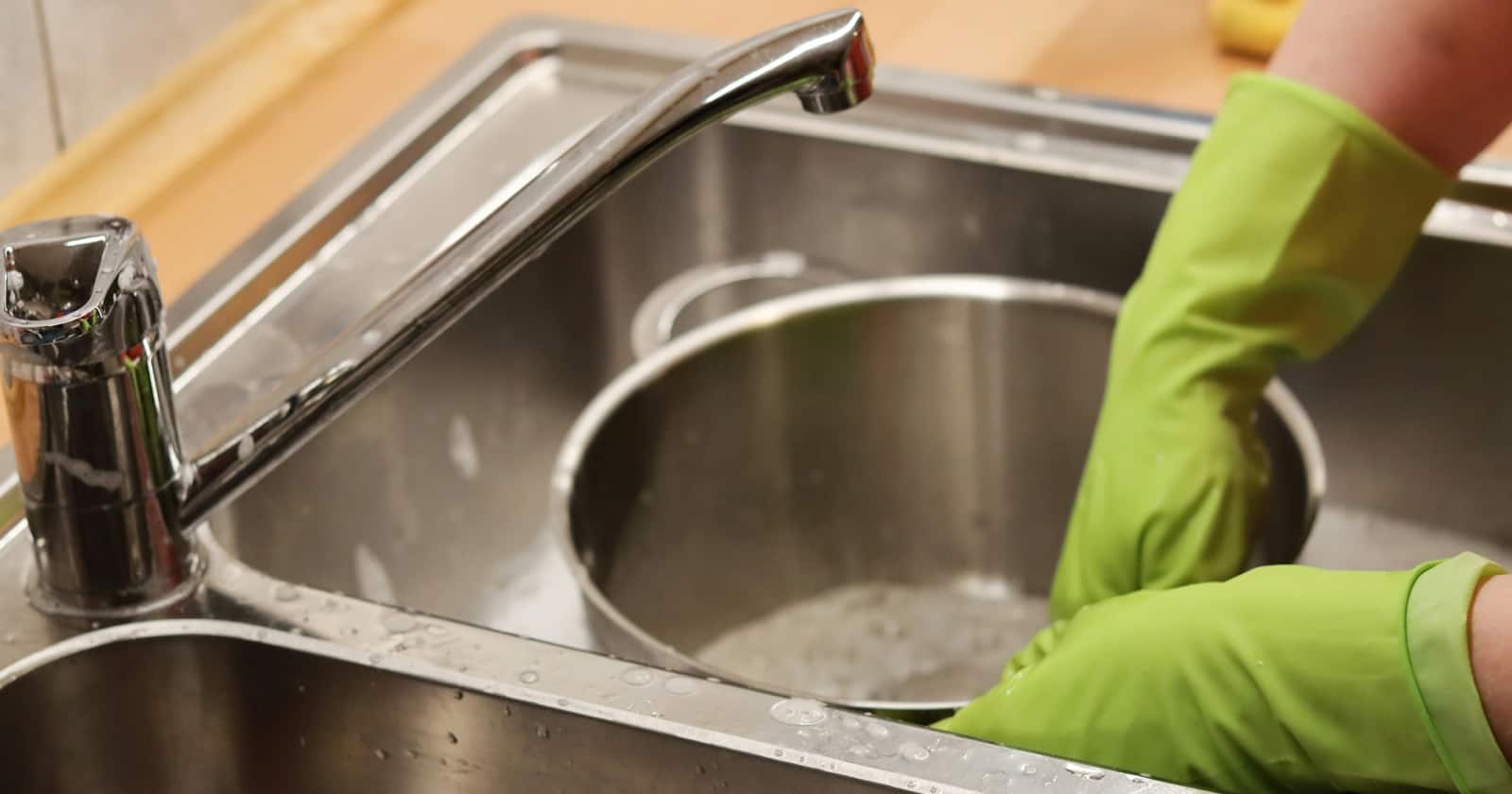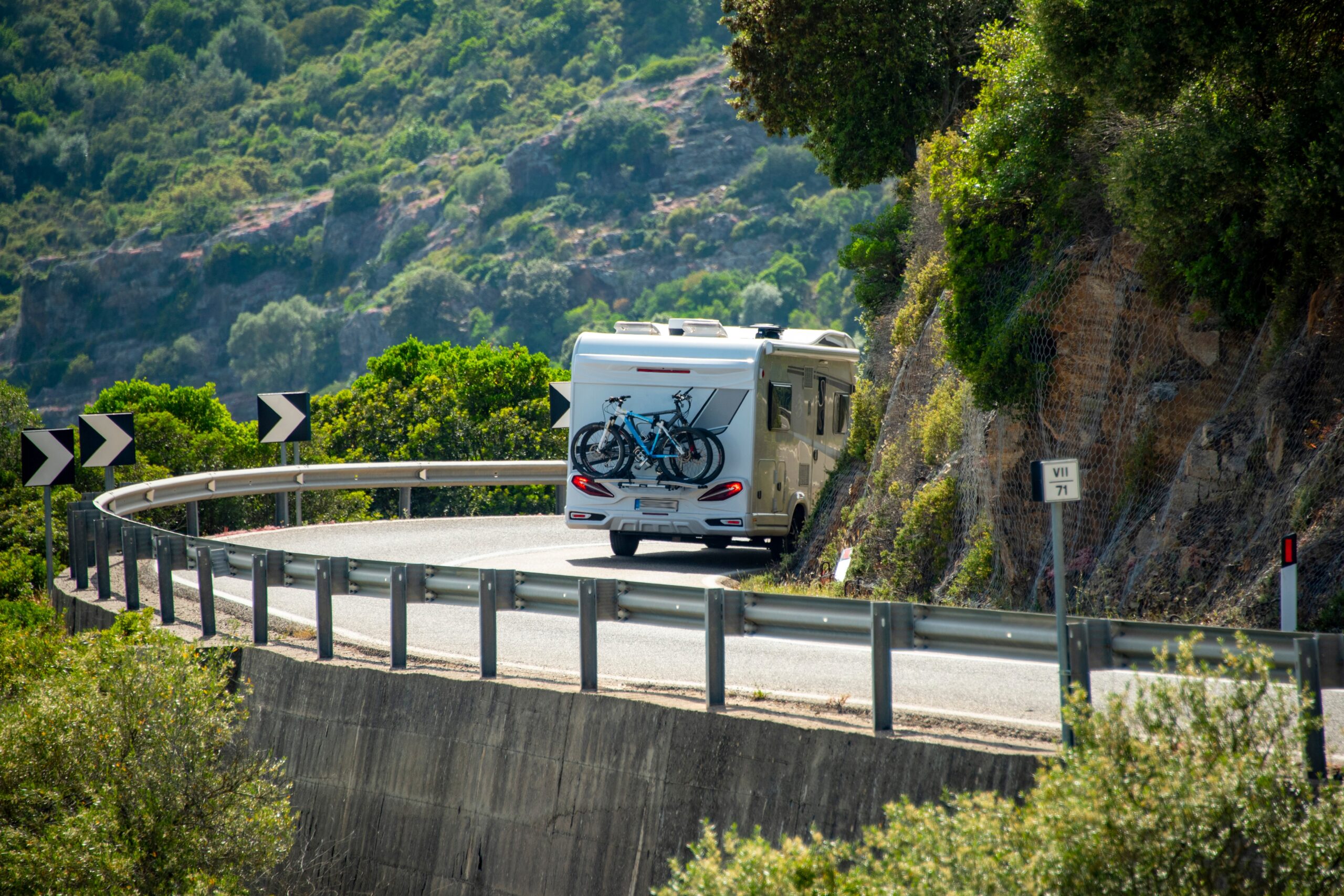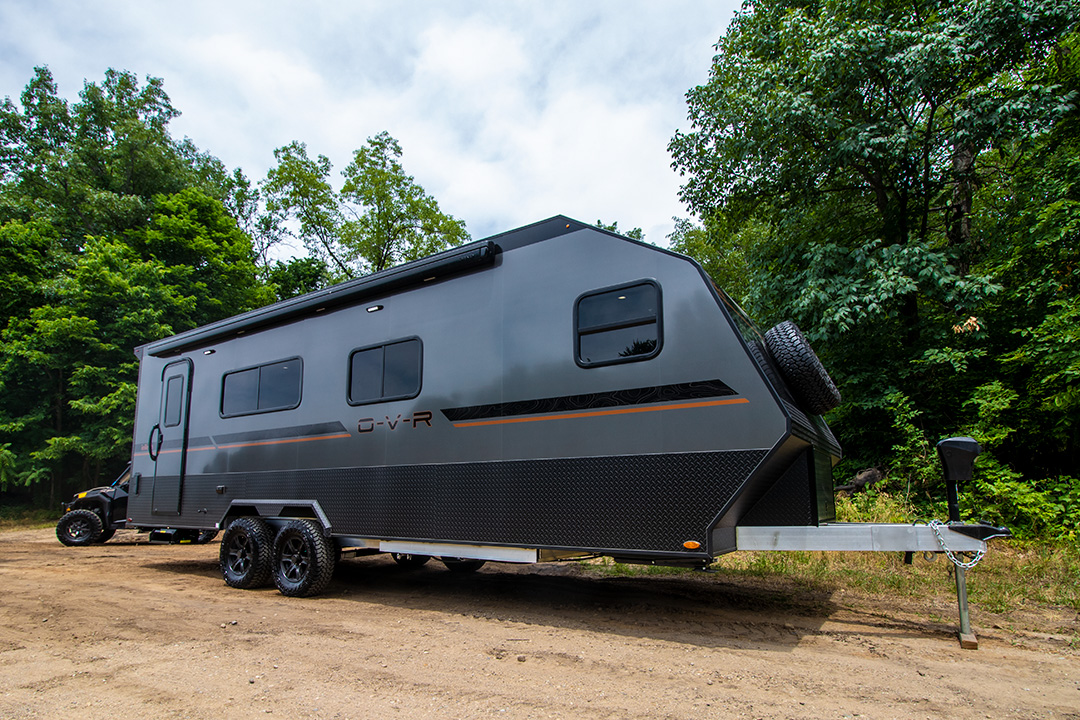
What Heater Should You Get for Dry Camping?
Before we can address what is the best heater for RV boondocking, we need to clarify what RV boondocking is and isn’t.
RV boondocking is a form of dry camping which means camping without utilities such as city water, shore power, or sewer hookups. It definitely doesn’t include a readily available and constant source of 120 volts of electricity like you have at home.
Why not just use the RV furnace while boondocking?
“Many RVs come equipped with a propane powered furnace as the main living space heating. And they can heat the space up indeed. However, they can also burn gobs of propane pretty quickly and the fan mechanism & controls suck up 12v power. They can also be mighty loud. Many boondockers we know avoid using their propane furnace if they can.” Says RVer Cherie Ve Ard
As someone who boondocks often, I can quickly list the ideal properties to look for when shopping for the best heater for RV boondocking.
- Requires no electricity, either 12 volts or 120 volts
- Is 100% fuel efficient (Extracts 100% of the energy from the fuel it consumes and delivers the resulting heat into the interior of the RV)
- Is quiet — after all, who wants to listen to a noisy furnace in the boonies?
- Does not add water vapor to the interior of the RV
- Is safe
The only current technology that comes close to meeting the properties listed above is a fuel cell, like NASA uses, which is far beyond the means of most RVers.
For the majority of RVers, the choices for the best heater for RV boondocking are limited to those that consume propane to create heat. I say propane, primarily due to convenience, as the majority of RVs are equipped with propane cylinders. Note: Those with diesel motorhomes may also consider heaters that use diesel fuel.
Best heaters for boondocking
Research quickly narrows your options down to either a radiant ceramic heater or a catalytic heater. Both are fueled by propane, nearly 100% efficient, quiet, and don’t require a source of electricity.
Let’s look at the additional pros and cons of each:
Radiant Ceramic Heaters
- Pro – Radiate a large amount of heat from a relatively small surface.
- Con – Items that come close to the ceramic burner can catch fire
Catalytic Heaters
- Pro – Once lit, this type of heater is completely flameless eliminating the inherent risk of fire.
- Con – More expensive than ceramic heaters
Additional considerations
Both ceramic and catalytic propane heaters consume oxygen and release considerable moisture into the air via combustion along with the potential for small amounts of carbon monoxide. Therefore, ALWAYS follow the manufacturer’s instructions when using an indoor propane heater and provide adequate ventilation by cracking open a window or two. In addition, be certain your RV has a working carbon monoxide detector, LP detector, and smoke detector. Never buy a heater that isn’t rated for indoor use! Click here for more in depth safety tips.
Best RV heaters for boondocking
- Ceramic Type: Mr. Heater Big Buddy Indoor-Safe Portable RV Propane Heater with auto shut-off if tipped over, if the pilot light goes out, or it detects low oxygen levels
- Catalytic Type: Olympian RV Wave-8 LP Gas Catalytic Safety Heater
- Vented Catalytic: The Platinum Cat for those concerned with venting issues. (Note: These require a small amount of 12 volt battery power to operate)
Here is an informational video on why a catalytic heater is the best heater for RV boondocking. Sadly, it also demonstrates something you should NEVER do—which is to have a propane cylinder inside your RV:
While the ultimate best heater for RV boondocking hasn’t been invented yet, the options listed above will get you through until fuel cells or some other breakthrough device becomes available.
See also: The Dangers Of Propane Heaters And What Precautions You Should Take



